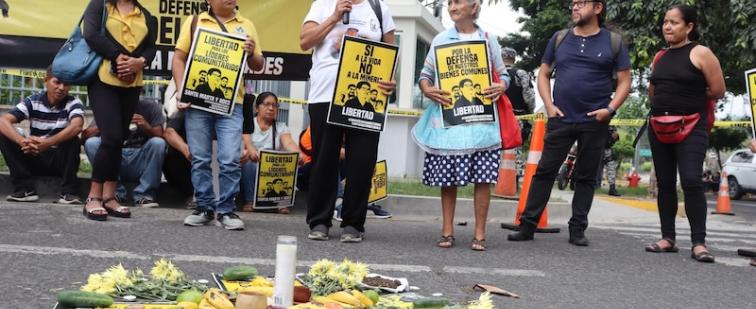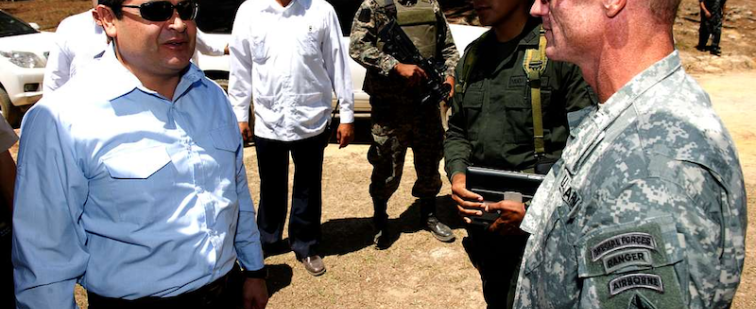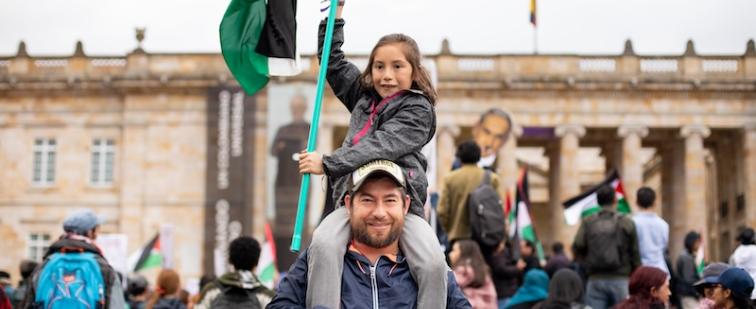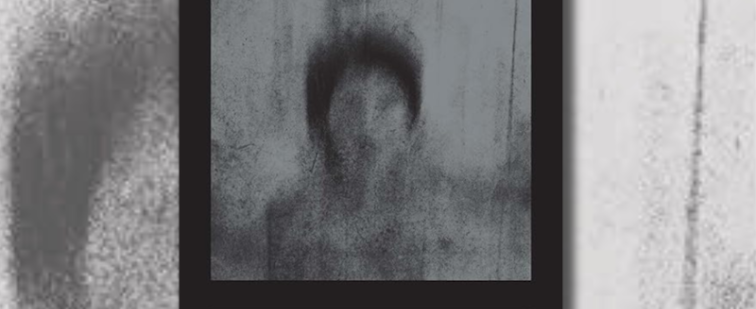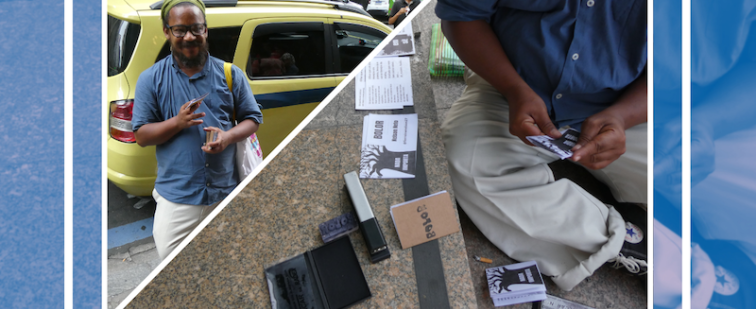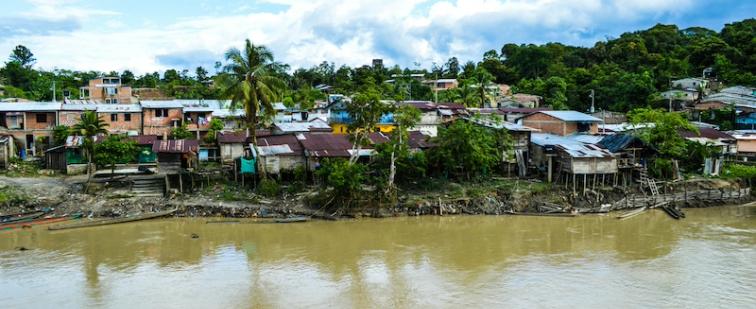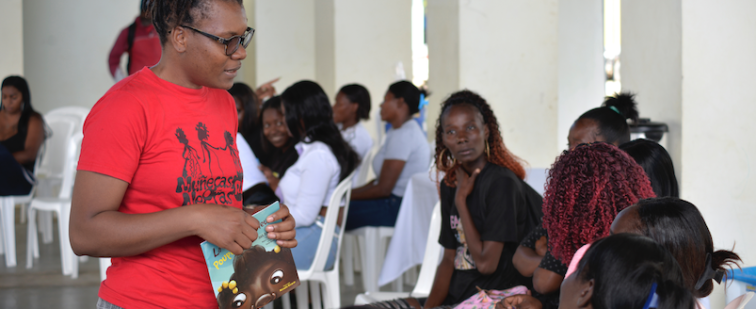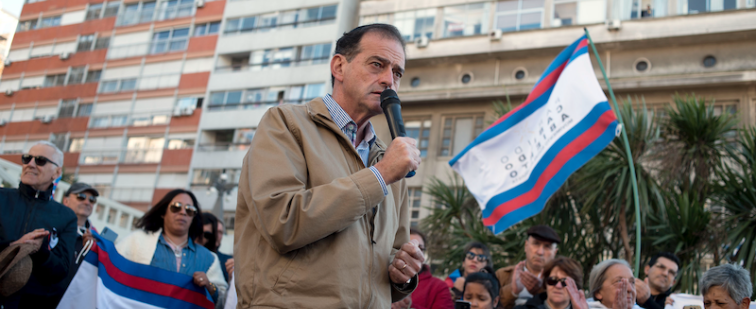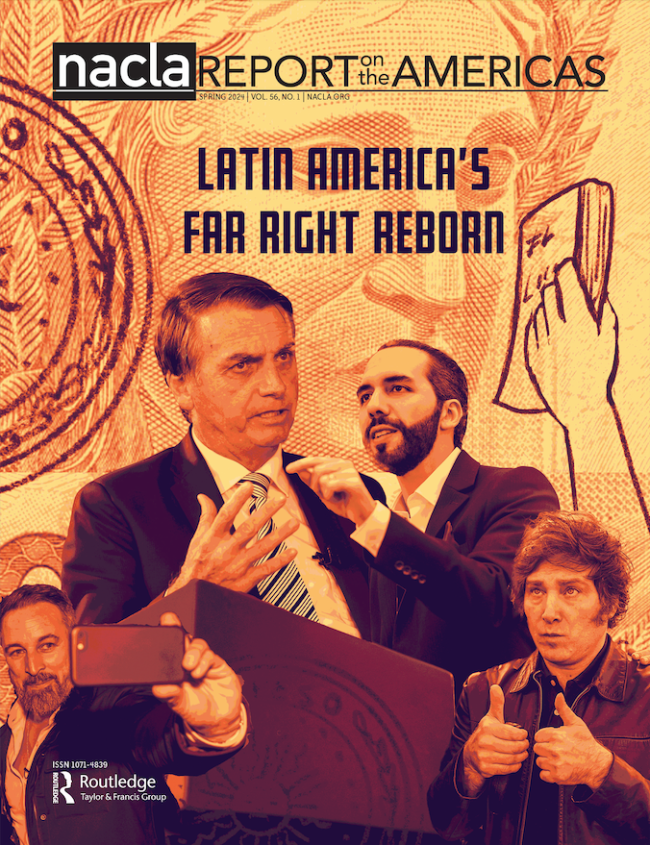Home
Mexico, Bewildered and Contested
May 30, 2011
For many Mexicans, holding a decent, steady job has become either a distant memory or a fading hope. An increasing number are opting to simply call out their trades on the street, offer their services or sell what they can on the street and other public spaces. Or leave the country. Or accept an offer—plomo o plata (a bullet or a nice sum of money)—they can’t refuse.
May 28, 2011
Over the past few weeks U.S. Secretary of State Hillary Clinton and latter-day media "experts" have hailed Manuel Zelaya's return to Honduras and the pending reintegration of the country into the OAS as a restoration of democracy. Here in Honduras, it is clear that such claims could not be further from the truth. Despite the triumphal language of Venezuelan president Hugo Chávez, Colombian president Juan Manuel Santos, Honduran president Porfirio Lobo, and even Zelaya himself following their signing of the Cartagena Accords, Honduras today is no closer to reconciliation than it was in the months following the June 28, 2009 military coup.
May 28, 2011
Over the past few weeks U.S. Secretary of State Hillary Clinton and latter-day media "experts" have hailed Manuel Zelaya's return to Honduras and the pending reintegration of the country into the OAS as a restoration of democracy. Here in Honduras, it is clear that such claims could not be further from the truth. Honduras today is no closer to reconciliation than it was in the months following the June 28, 2009 military coup.
Rebel Currents
May 27, 2011
In remote corners of Bolivia, local communities are pioneering sustainable mining and forestry strategies that could provide useful models in the global struggle against climate change.
Cotapata Mining Cooperative
Mexico, Bewildered and Contested
May 24, 2011
Last week, President Felipe Calderón spent two days in Ciudad Juárez, ostensibly to commemorate the hundredth anniversary of the signing of Treaty of Ciudad Juárez, the pact that transferred power from the dictatorship of Porfirio Díaz to the provisional Revolutionary government of Francisco Madero. Harking back to the city’s glory days, Calderón called Juárez a “heroic city,” and presided over a parade of 700 soldiers and a huge amount of sophisticated military equipment (and a contingent of university students dressed as Pancho Villa’s cavalry).

